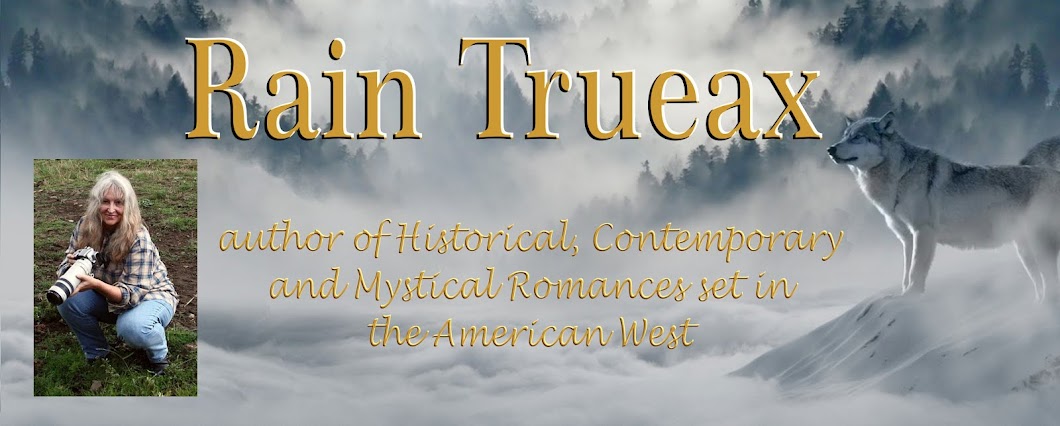After watching a particularly violent film (we liked it), that night my dreams were full of images of action. At one point in a dream I was told-- there are three levels in a book that a writer has to understand-- action, characters, meaning. When I woke, I thought about how this fits into my books and is equally true of movies I watch.
The action is the plot. It is what will happen to get the story from the beginning to the end. It won't be every action necessarily but every important action. Characters are self-evident-- who are these people? Finally comes the hard one-- meaning or theme. Does every book or movie have a deeper meaning? Maybe some are just action and characters or even with very superficial characters, just action.
So taking one of my books and in this case because it happens to be one I just did some more editing to make it tighter, Hidden Pearl--
Action: a murder, photography, building a relationship, solving the mystery of a disappearance and suicide/murder, avoiding the clutches of a cult leader, finding friendship, choosing to enter danger for a higher purpose, wrestling with emotional issues, and small events along the way.
Characters: Hero is half Navajo, half Scottish from a split home, carries baggage from childhood even though he is now a big success as a builder/architect. Heroine is photojournalist from a successful family, very into her career. Cult leader is more complex than meets the eye as he has goals which don't all appear obvious in the beginning. Best friend is Irish in heritage, photographer, married to a cop in an over 20 year gay marriage. Other characters are those in the cult, and the hero's friends. Oregon and its beauty, the city of Portland all are characters in this story as it goes down the valley and into the mountains for part of its action.
Meaning: What makes something a cult? When is it worth risking your life for a higher goal? When you carry around baggage from a childhood, when is it time to let it go? Relationships are built on what?
Before or while I am writing them, all of my books will have deeper meaning-- sometimes a similar life lesson illustrated in different ways. For me much as I love writing about romance, I consider it to be a vehicle for deeper truths that will be sandwiched in between action and character development.
Right now, I am trying to decide what the meaning of the fourth Oregon historical would be as I begin to get a feel for the action and have the characters in mind, but that higher meaning is illusive-- although since I haven't begun writing, it might become obvious once I start next month as I finish up the research for it.
Taking this to a movie, I looked at the film we watched the other night which got mixed reviews despite being based on a true story and with a stellar cast. I sometimes like action films with what seems like no meaning-- just going along for the ride. This one, at first look, could have been one of those.
Gangster Squad stars Ryan Gosling, Josh Brolin, Sean Penn, and Emma Stone-- all enough reason to watch it. Their characters were cop, cop, gangster, and kind of moll who falls in love with cop. Some of the critical reviews were that the characters were thinly developed. I didn't agree but definitely the main thing was the action-- bringing down the gangster Mickey Cohen before he could take over LA. (There are those today who have figured out how to do it without gangster tactics.)
So lots of action, beautiful characters, but what was the theme? One possible is when you are fighting a war for existence that becomes the meaning. Everything else is sublimated to that greater cause for a period of time. Hence a WWII movie doesn't have to have secondary meanings beyond surviving the action. This one though had a meaning beyond that-- All it takes for bad to succeed is for good to do nothing.
Except, how do you define that? Isn't that the justification for terrorism and operating outside the law for a higher goal. This film [had key scenes and its release date changed after the Aurora, Colorado shooting]. I think the questions it raises about how good succeeds will challenge a viewer who stops to think. All the time we are cheering the 'good' guys who are using bad guy tactics, we have to think-- there might be those encouraged to do exactly that when we won't be cheering.
Because the film was [loosely based] on something that actually happened in 1949 but was kept secret for many years, it makes the whole thing dicey in an era where we know we have big problems but what justifies ignoring the law and using something unlawful to fight something unlawful-- and in the case of the film-- violence to fight violence?
I personally believe that we have to work within the law. But, what if the law has been distorted? Then we have to get enough voters to change it. The Wild West answer still makes me uncomfortable even though I enjoyed the movie. How about the tools his granddaughter said her grandfather actually used-- brain not brawn but not under a legal umbrella?
I ran into that in the book I mentioned above, Hidden Pearl, which was the objection a reviewer had to the action. The lead character did do something that was illegal to achieve a higher aim. That made at least one reader uncomfortable. He was trying to acquire enough evidence to catch a murderer-- did that justify his action? Some would say no.
Understanding the meaning, the life lesson behind a book or movie, is important-- it's not always comfortable.






_(graDA0068).jpg)


